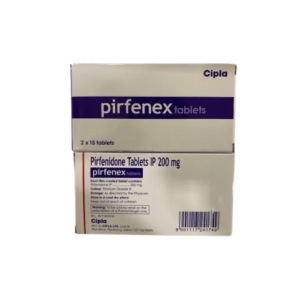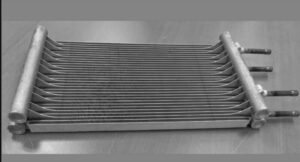Every investor is looking for investments which suit their needs, and once the goal is clear, the path to its investments can be easier. Essentially, a short term investment can be a fixed deposit and long term options are more suited to a Unit Trust (UT).
Your investment capital should be diversified into a short term, medium term, and long-term investments. Because the market is unpredictable, and you should have some short-term investment that you can access in case of emergencies. UT is one of the options that will provide you liquidity at all times.
The investment in FD and UT totally depends on the person’s interest and their goals. Everyone has different financial circumstances. Risk management, market analysis and a plan to invest is very necessary, so you should find a professional who can help you organize your financial plan as per your goals.
FD is good for investing a lump-sum amount with a lock-in period for more than 2-3 years as to benefit out of the interest earned, these are good for short-term investment goals. FDs can be broken before the maturity date in case of emergencies; these investments are good for young investors if they want to invest for educational purposes or any vacation.
The UT investment companies invest their collected capital into shares by selecting companies listed in stock/security exchange. Most of the UT requires an investment range between INR 300 to INR 500 per month. The risk is lower than that of direct investments as the market experts invest the money by distributing it in a range of different companies. This type of investment has no fixed term and this allows the buyer to buy and sell anytime. But investing for more than 5 years is advisable, as the market is unpredictable and fluctuates.
Fixed deposit is the most common investment by the investors but not always the best in terms of returns. Fixed deposits are like a saving account only with a tenure period and an added excess rate of interest. Fixed deposits always fail to survive during inflation, so if the deposit is saved for a longer period of time, it would be a very bad investment at the time of inflation.
Risk can be one of the most important elements in any investment plan, and doing a risk management for your investment will help you manage your overall funds in the future.
The Equity investments are very risky but very profitable. All investors want reasonable returns, with a manageable risk involved.
In the case of UT, the inflation does not effect it much because the invested capitals are preserved in shares or securities of stock exchange companies. But this type of investment is full of risk, and only a well-planned investment can help you survive with a handsome amount in your hand at the time you wish to sell.
Also, this type of investment needs a periodical check, as the market is unpredictable and can change anytime. UT is invested into a different interest bearing investments, over geographical regions with different risks involved, hence it is better to consult a financial advisor in order to understand the confusing in Equity Investments.
Additionally, asset allocation is very important in UT investments. Equities, listed property, bonds and cash to create an investment fund which is able to achieve the goal and manage risk effectively. Moreover, viewing investment in one term in UT actually benefits you to outperform inflation.
Hence before investing in UT, you need to research and do your homework to understand the market and analyze which investment is better. The most balanced investment comes from creating a sustainable income, where long-term wealth builds up, and risk of loss is minimized.










